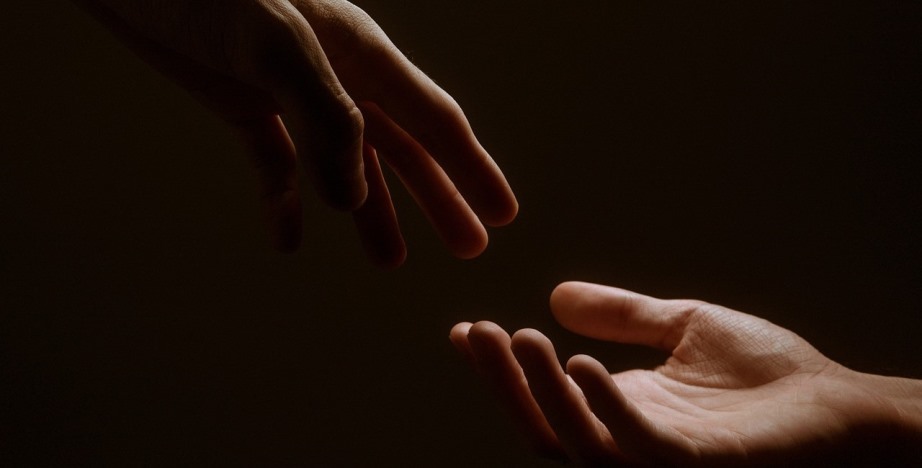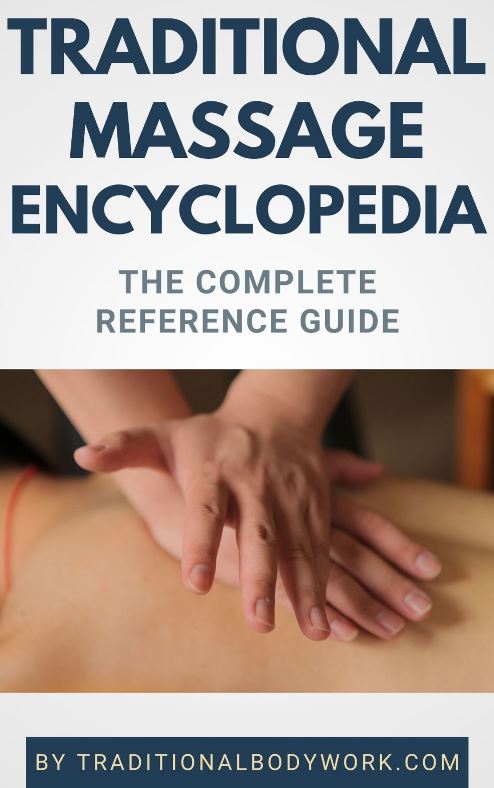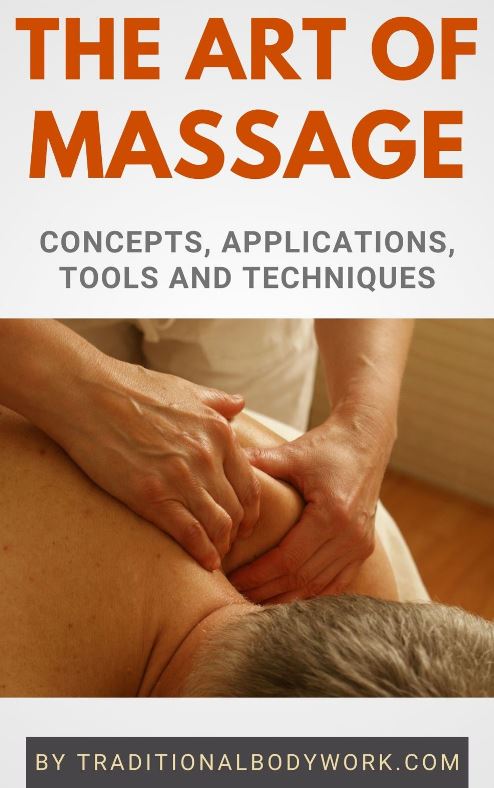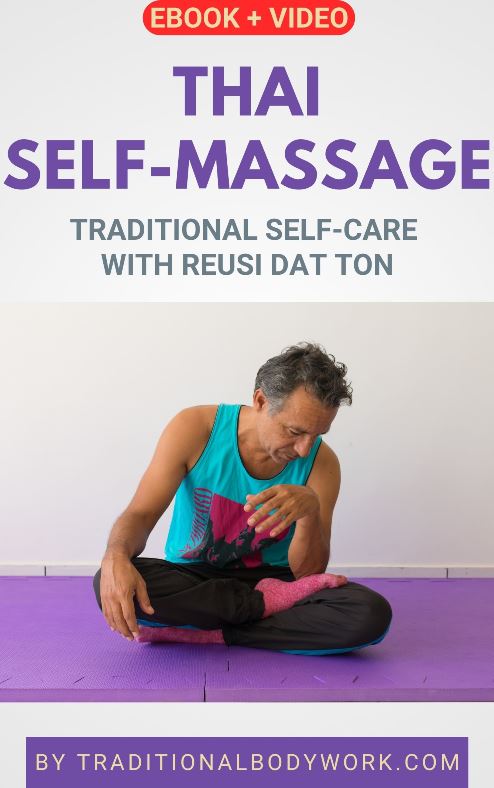
Although some speak about a sixth or even seventh sense, it’s more generally accepted that humans have five basic senses, being touch, sight, hearing, smell and taste.
In this post, we take a look at our sense of touch, discussing interaction, wellbeing, and decision making as important functions of touch.
Table of contents:
Touch and Interaction
Each of the senses is associated with the sensing organs (the skin, eyes, ears, nose, and tongue), which send information to our brain to help us experience, understand, and respond to the world around us.
Touch is the first sense that humans develop (starting around eight weeks after the conception in the womb), and it’s a rather complex mechanism. Moreover, touch doesn’t only detect changes at the surface or around the body, but also inside the body.
Scientifically, touch is described as a somatosensory system (part of the sensory nervous system), and in this broader perspective touch perceives pressure, temperature, texture, vibration, body position, movement, and pain, among other phenomena.
Touch and Feelings of Wellbeing
Touch isn’t only a means to interact with the world, but it’s also a very important factor for a human being’s physical, psychological, and spiritual wellbeing. Research has shown us that deprivation of the ability to touch or to receive touch can make people seriously ill.
So-called touch starvation can lead to feelings of being isolated, resulting in depression, stress, anxiety, and a range of psychosomatic disorders, or even in post-traumatic stress disorder, suicidal thoughts, or actual suicide attempts.
Touch and Decision Making
Touch also strongly influences how we make decisions. For instance, the way something feels, such as the fabric of a T-Shirt or a bed sheet, will guide us in buying or not buying it.

In fact, there are many more situations in which touch lets us make certain decisions. For example, if our skin feels rough, we may want to treat it with oils or creams to make it feel smoother. Or, if something is too hot, we’ll not touch it, or we will wear protective gloves or use some sort of appliance to handle it.
There are also somewhat unconscious decisions we make depending on touch. For instance, depending on sitting on an uncomfortable or comfortable chair we may leave sooner or stay longer at a certain place or in a certain situation, without us knowing exactly why.
Or, how we experience the skin of someone else — rough, smooth, soft, wet, warm, or cold — which can make us feel more or less attracted to a person, with all consequences attached to that.














